Wednesday 1 October | Day Two
8:30 - 9:20
REGISTRATION AND REFRESHMENTS
9:20 - 9:30
CHAIRMAN’S OPENING REMARKS
9:30 - 10:00
RFA PROTEUS IN ROYAL NAVY OPERATIONS
Commodore Sam Shattock -
Head,
Royal Fleet Auxiliary
· RFA Proteus’ role in the fleet and operations of the Royal Navy
· Expanding uncrewed capabilities for enhanced surveillance and survey operations
· Trialling new technologies to plan for increased seabed activity
10:00 - 10:30
MODERNISING THE PORTUGUESE NAVY
Captain António Mourinha -
Innovation Adviser to the Chief of Navy,
Portuguese Navy
· Current priorities for the Navy as uncrewed systems become increasingly vital to the maritime domain
· Advancements in underwater communications and uncrewed systems to improve maritime operations
· Working with allies to assess requirements and integrate new developments into operations at pace
10:30 - 11:15
MORNING COFFEE AND NETWORKING
11:15 - 11:45
LARGE SCALE SEISMOLOGICAL MONITORING OF SUBSEA ACTIVITIES USING EXISTING INFRASTRUCTURE
Dr. Tine Larsen -
Senior Seismologist,
Geological Survey of Denmark and Greenland (GEUS)
· Seismology’s role in the monitoring and classification of seabed activity
· Applying innovations in sensing to undersea cables to monitor damage and activity
· Working with military stakeholders to ensure protection of infrastructure and identification of incidents
11:45 - 12:15
EXPLOITING DATA AND UNCREWED SYSTEMS FOR MARITIME OPERATIONS
· Research and development of uncrewed naval systems for data collection and infrastructure protection
· Utilising sonar data from underwater capabilities in maritime operations, including MCM and seabed warfare
· Advancing technologies to support the integration of new systems into operations
12:15 - 13:30
LUNCH AND NETWORKING
13:30 - 14:00
TESTING UNDERWATER SYSTEMS FOR INCREASED INNOVATION AND SECURITY
Carine van Bentum -
Director,
SeaSEC
· Recent projects from SeaSEC on testing capabilities for underwater operations
· Applications of new innovations for multiple sectors to ensure full coverage of vulnerabilities
· Providing a realistic testing ground for the validation of maritime capabilities
14:00 - 14:30
AUTONOMY WITHIN THE ROMANIAN NAVY
· The future of Romania’s naval operations as innovation is prioritised
· Experimentation and testing of naval capabilities for the security of critical undersea infrastructure
· Integrating autonomy into naval operations as new capabilities emerge
14:00 - 14:45
AFTERNOON TEA AND NETWORKING
15:15 - 15:45
INTELLIGENCE SHARING TO PROTECT FINANCIAL INFRASTRUCTURE
Elizabeth Heathfield -
Chief Corporate Affairs and Communications Officer,
FS-ISAC
· FS-ISAC’s role in supporting the protection of undersea financial infrastructure through collaboration with members
· Assessing long-term threats and current incidents to provide a global intelligence picture
· Sharing intelligence across the globe to devise actionable procedures and keep services running when facing threats
15:45 - 16:15
CROSS-SECTOR INNOVATIONS FOR INFRASTRUCTURE PROTECTION
- Working with colleagues in academia and industry to improve resilience of infrastructure
- Securing oil and gas infrastructure with other stakeholders to ensure continued supplies
- Discussing the applications of AI and robotics within the sector











